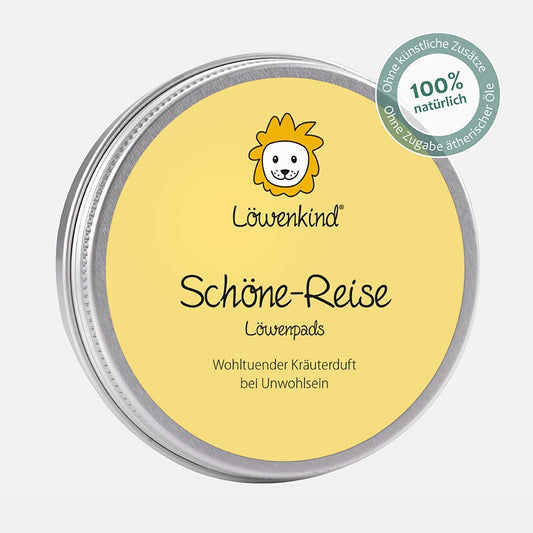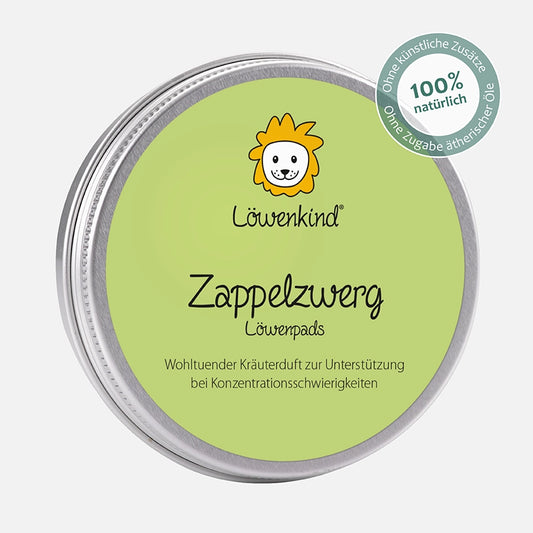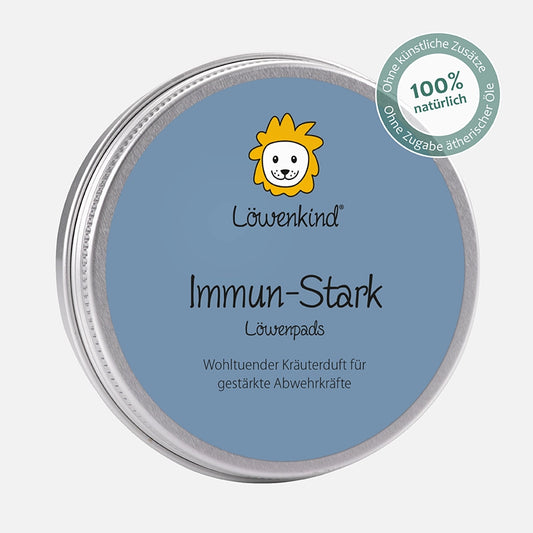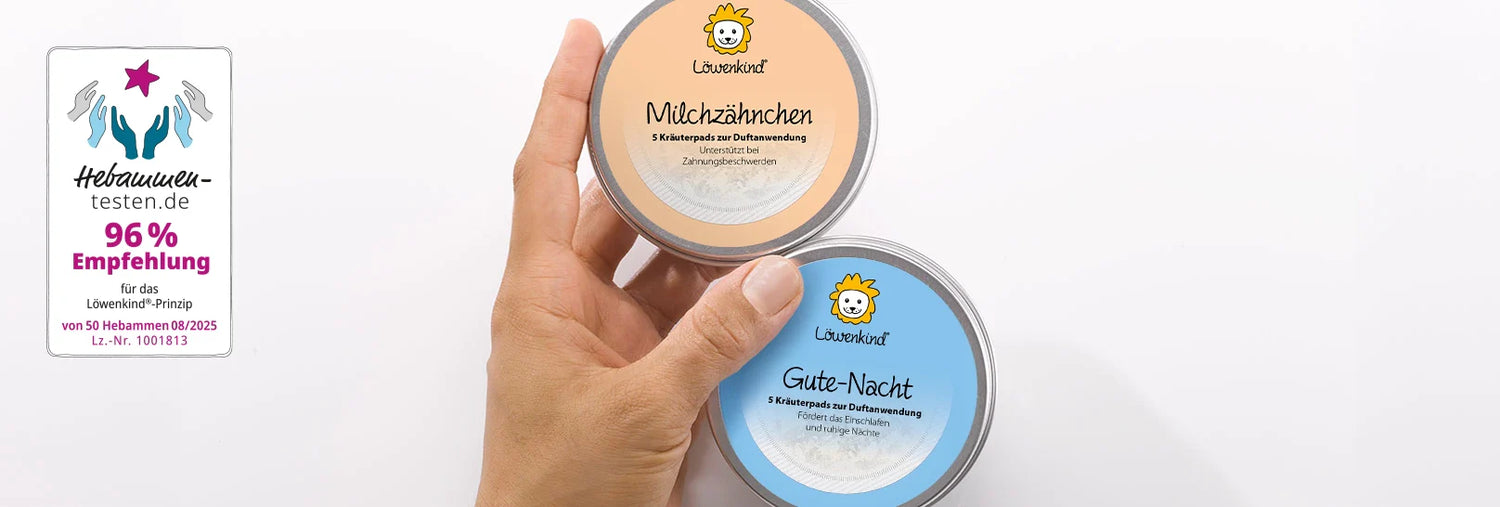When nature is in full bloom in spring and summer, a challenging time begins for many children: hay fever. Itchy eyes, a runny nose, and sneezing attacks can severely disrupt everyday life. But don't worry—with our tips, you can provide relief for your child.
How does hay fever develop?
Hay fever is an allergic reaction to pollen from trees, grasses, or herbs. As soon as the small pollen particles enter the respiratory tract, the immune system overreacts. Children with a genetic predisposition to allergies are particularly frequently affected.
Typical symptoms are:
- Runny or stuffy nose
- Sneezing & itching in the nose
- Red, watery eyes
- Scratchy throat & tickly cough
- Fatigue & concentration problems
What measures can I take to prevent hay fever?
1. Keep the environment pollen-free
- Ventilate at the right time: It is best to open the window early in the morning or after it has rained, as this is when the pollen concentration is at its lowest.
- Use pollen filters: Use an air purifier or special pollen filters in the car and also in the children's room.
- Don't let laundry dry outside: Do not let your clothes and bedding dry outside, as pollen can settle on them.
- Ensure regular vacuuming and damp mopping: Pay particular attention to cleaning floors and surfaces in children's rooms.
2. Reduce physical contact with pollen
- Pollen gets stuck in the hair and can trigger allergies at night, so it's best to wash your child's hair in the evening.
- Change your clothes: Change your clothes immediately after spending time outdoors.
- Cover the stroller with a sun protection net: Special pollen or insect protection nets can help keep pollen out.
3. Strengthen your immune system
- Healthy diet: Offer your child a vitamin-rich diet with fresh fruit and vegetables to strengthen their immune system.
- Breast milk: If possible, breastfeeding in the first few months can reduce the risk of allergies.
4. Natural support
- Rinse eyes with clean water: If irritation occurs, it will help your child to gently clean their eyes with water.
5. Adjust your time outdoors
- Pay attention to the pollen calendar: On days with high pollen counts, it is helpful for you to spend as little time outside as possible.
- Only go outside after it has rained: then there is less pollen in the air.











